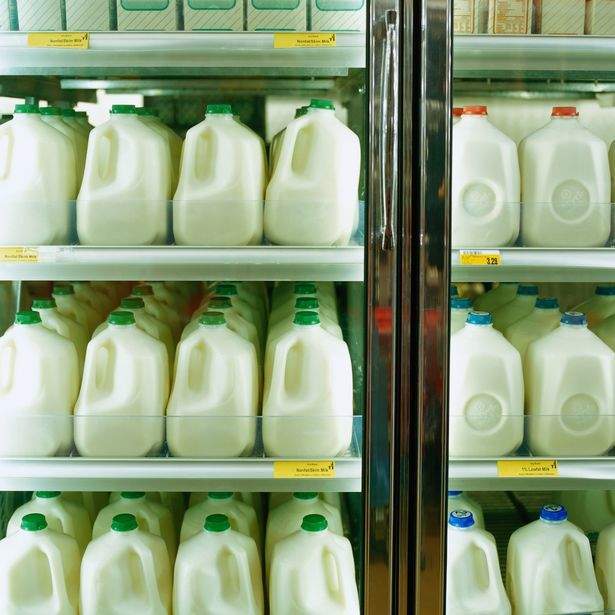
The UK government is considering plans to scrap use-by dates in favour of best before dates on some supermarket products to help reduce the 350,000 tonnes of food wasted every year.
The average household wastes £700 of food a year, equivalent to 500 meals, according to waste reduction charity Wrap.
Wrap examined 9,000 items from apples to mayonnaise across 78 UK stores owned by Aldi, Asda, Lidl, Morrisons, M&S, Sainsbury’s, Co-op, Tesco and Waitrose.
Dairy goods, in particular, should carry a best before rather than a use-by date, according to the charity’s report.
What’s the difference?
Use by dates refer to safety — Food can be eaten up to the end of this date but not after, even if it looks and smells fine.
Best before dates refer to quality — Foods will be safe to eat after the best before date, but may not be at their best.
How well do you really know your competitors?
Access the most comprehensive Company Profiles on the market, powered by GlobalData. Save hours of research. Gain competitive edge.

Thank you!
Your download email will arrive shortly
Not ready to buy yet? Download a free sample
We are confident about the unique quality of our Company Profiles. However, we want you to make the most beneficial decision for your business, so we offer a free sample that you can download by submitting the below form
By GlobalData“We know that changes to packs and labels, which give clarity around date and storage options, can have a dramatic effect on how much good food ends up in the bin so getting the right messages in place is critical,” said Steve Creed, director at Wrap.
“Around 150,000 tonnes of household food waste was avoided in 2015 compared to 2007, as a result of technical changes to products, saving UK families around £400m ($497m) a year.”
More than 100m pints of milk are thrown away every year, because consumers automatically bin cartons if the use-by date has passed.
Instead, they should use the smell test to judge whether the milk in their fridge is still drinkable.
“Anything we can do in order to reduce unnecessary waste is a good thing. Consumers are becoming savvier surrounding ‘use by’ and ‘best before’ dates, with milk being one of those products that could lend itself to the “smell” test,” Dan Cluderay, founder of www.approvedfood.co.uk, which offers customers a selection of clearance food & drink at discount prices, told Verdict.
Wrap will hold discussions with the UK dairy industry, the Food Standards Agency (FSA) and government officials, urging them to get rid of use-by labels and display best before dates instead.
“The dairy industry’s top priority is to deliver safe and wholesome dairy foods to consumers across the UK thanks to robust controls and standards. In addition to its ongoing efforts to maintaining the highest food safety standards, Dairy UK has been working closely with Wrap to make the dairy industry more sustainable and identify effective areas of improvement,” a Dairy UK spokeswoman said in a statement issued to Verdict.
“As a next step in this fruitful collaboration, Dairy UK will take an active role in the review of current Department for Environment, Food and Rural Affairs guidance to explore new ways to find the right balance between waste prevention and food safety,” she added.
The new guidelines are not applicable for all foods. Eggs, for example, are excluded from Wrap’s analysis as legally they are required to carry both a display until date and a best before date.
“We are exploring with the dairy sector whether milk could move to a best-before date. That could really help reduce milk wastage,” said Andrew Parry, Wrap’s special adviser on food and drink.
The charity hopes that new product labelling guidelines will be issued by the end of the year.







